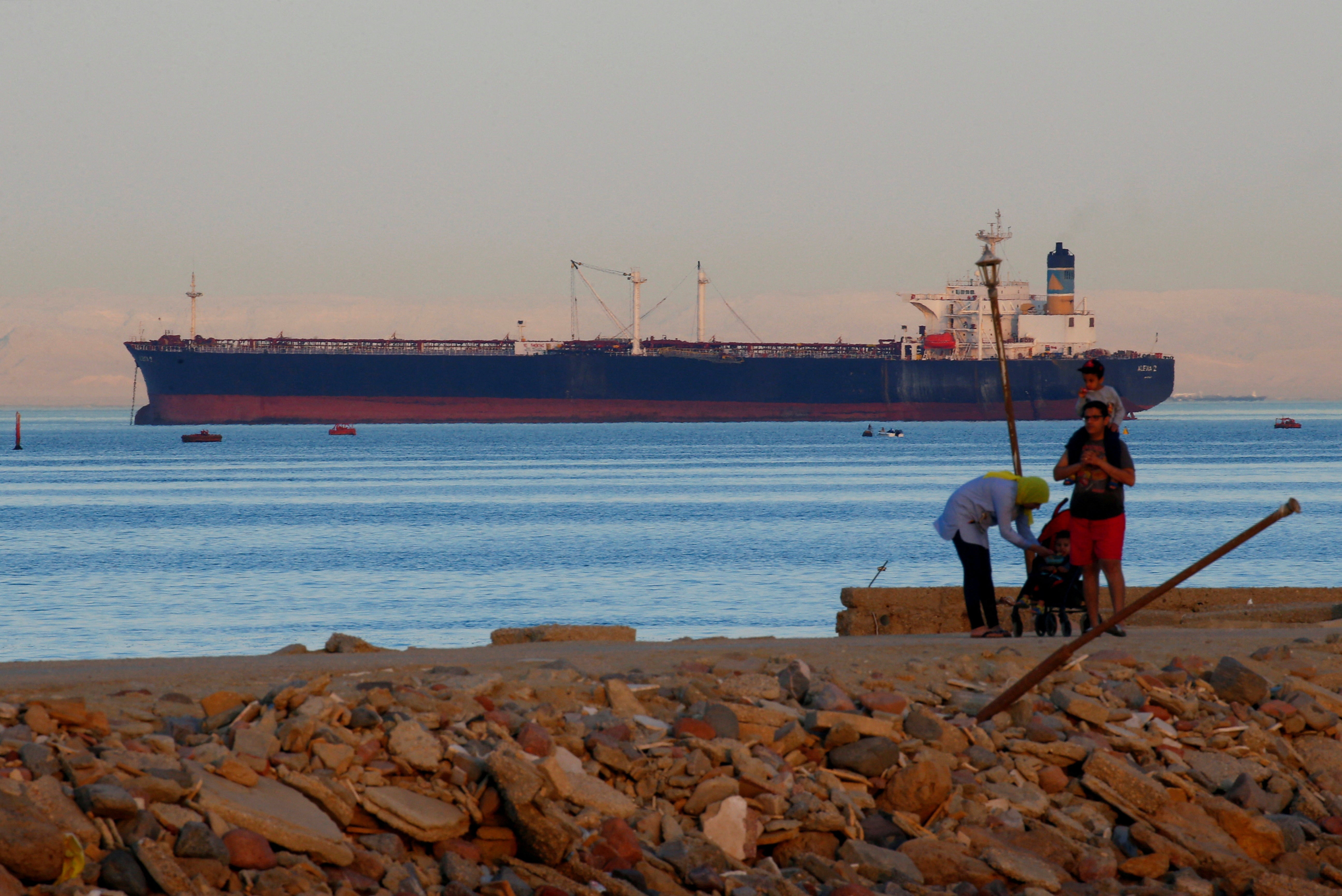Next warns of stock shortages if Red Sea shipping problems continue
Next boss warns extra two and a half weeks must be added to stock delivery times for products coming through Suez Canal

Your support helps us to tell the story
From reproductive rights to climate change to Big Tech, The Independent is on the ground when the story is developing. Whether it's investigating the financials of Elon Musk's pro-Trump PAC or producing our latest documentary, 'The A Word', which shines a light on the American women fighting for reproductive rights, we know how important it is to parse out the facts from the messaging.
At such a critical moment in US history, we need reporters on the ground. Your donation allows us to keep sending journalists to speak to both sides of the story.
The Independent is trusted by Americans across the entire political spectrum. And unlike many other quality news outlets, we choose not to lock Americans out of our reporting and analysis with paywalls. We believe quality journalism should be available to everyone, paid for by those who can afford it.
Your support makes all the difference.Retail giant Next has warned supplies of its products could be delayed if attacks on container ships in the Red Sea continue.
Attacks by Yemeni Houthi rebels on ships in the Bab-el-Mandeb Straight of the Suez Canal have seen the world’s largest shipping firms halt shipments through the Red Sea, with the diversions adding thousands of miles to journeys, driving up costs and leading to delays.
The attacks have forced a number of companies to reroute cargo around South Africa’s Cape of Good Hope, which adds 3,000 to 3,500 nautical miles to journeys connecting Asia with Europe — adding about 10 days to journeys, according to the Dutch bank ING.
Next is not the first company to warn of issues in the supply of products. Last month furniture giant Ikea said some of its products could also be delayed due to attacks.
Next cautioned in its latest trading update that “some delays to stock deliveries” would be likely in the first few months of 2024 if disruption to the Suez Canal shipping route remains ongoing.

Lord Simon Wolfson, chief executive of Next, said it could take another two to two and a half weeks for its stock to reach the UK if ships are forced to continue bypassing the Red Sea.
He said: “It could add another two to two and a half weeks to lead times in terms of getting stock to the UK.
“Because the ships have to travel further, there will be some level of surcharges.
“It will impact on sales if this persists for a long time, but not dramatic levels.”
He added that the delays would impact all clothes and goods from the Far East, but stressed these would be “manageable”.
The world's second-biggest container shipping company Maersk announced yesterday it had indefinitely suspended the use of Red Sea routes.
This came after missiles were reportedly fired at a French-owned ship on Tuesday after US military forces intervened in an attack on a Maersk ship on Saturday.
Other major shipping firms, including Hapag-Lloyd and Evergreen Line, have also stopped using the critical route due to attacks.
Concerns are mounting across the retail sector over the impact of the Red Sea shipping woes on costs, with fears it could push up prices for UK shoppers.
But Next said it planned to “maintain zero inflation in selling prices” on last year as “cost price inflation in our own products is diminishing, mainly as a result of decreasing factory gate prices”.
However, Lord Wolfson said cost pressures, such as higher wage bills due to the increased National Living Wage, meant it would not be able to lower price tags.
He said prices “would’ve been moving down, but we’re having to hold them flat” due to an extra £60 million wage bill expected over the year ahead.
This comes after the UK called for an “immediate end” to attacks on container ships by Iran-backed Houthi rebels in the Red Sea.
On Tuesday, the British government and 11 other countries issued a final warning to the militants to cease hostilities in the maritime trade route.
The Yemeni rebels, backed by Iran, say they are targeting Israel-linked or Israel-destined ships, and aim to end Israel’s air and ground offensive targeting the Gaza Strip following the attack by Hamas on October 7.
Join our commenting forum
Join thought-provoking conversations, follow other Independent readers and see their replies
0Comments